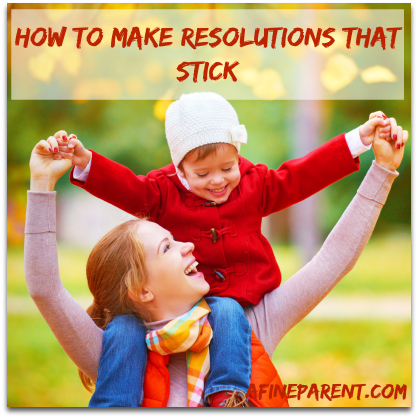 How did your parenting year go? Are you the same parent today as you were on January 1st of last year? Are you the parent you want to be yet?
How did your parenting year go? Are you the same parent today as you were on January 1st of last year? Are you the parent you want to be yet?
I am certainly not the parent I was one year ago. And, yet, I am not quite the parent I want to be either.
Do I yell less? Yes, but still more than I’d like.
Do I use Active Listening all the time? Well…. I try….
Do my children know I love them? Absolutely.
(So, that’s one thing checked off the Become a Better Parent list.)
But why am I not a superstar parent yet? Why haven’t I accomplished all my parenting resolutions from last year? I started out with such energy and good intentions! What happened?
Like every single one of you out there, I mean well. I try. I do my best.
Yet I intend to do so much better.
So why do my accomplishments not keep up with my intentions? And what is it going to take for me to get there?
With one year having come to a close, and another one about to start, I think about these questions a lot.
I did good last year. But I want to do even better this year. And check a few more items off that Become a Better Parent list.
Here are a few things I have learned that we can do to give ourselves the best chance possible of keeping our parenting resolutions.
 I want you to take a moment to contemplate this question.
I want you to take a moment to contemplate this question. My mother has a timeshare in Orlando, so every February, we head down there to spend a week taking in the parks, spending time poolside, and enjoying a break from the gloom of winter.
My mother has a timeshare in Orlando, so every February, we head down there to spend a week taking in the parks, spending time poolside, and enjoying a break from the gloom of winter. You know what the most common thread is among all the emails I receive through this site?
You know what the most common thread is among all the emails I receive through this site?
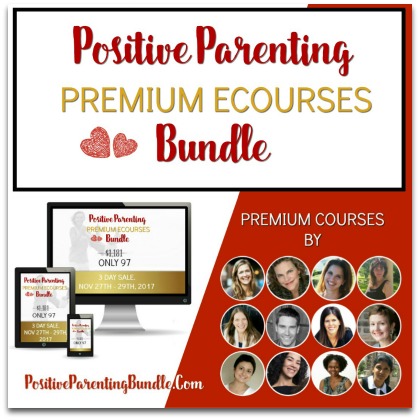
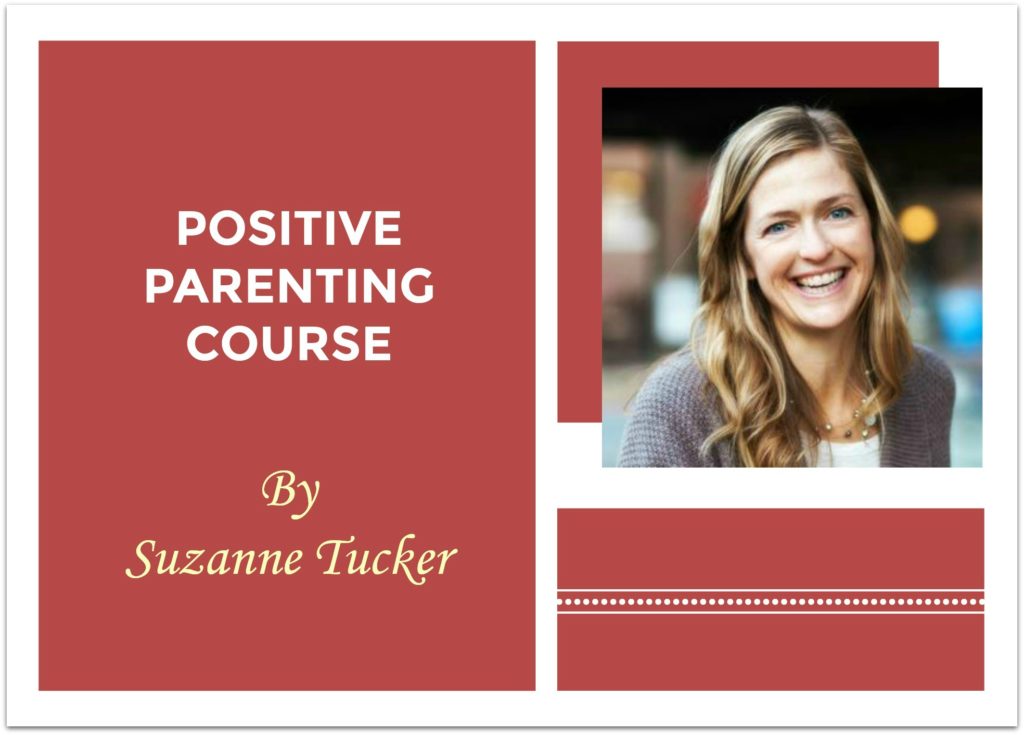
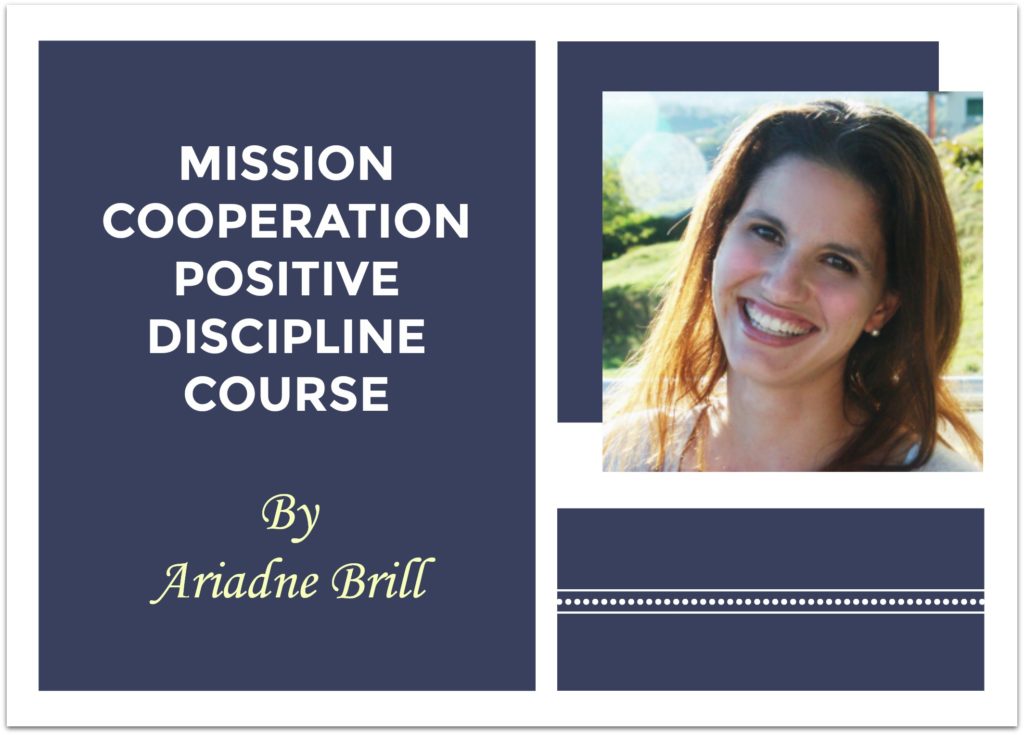
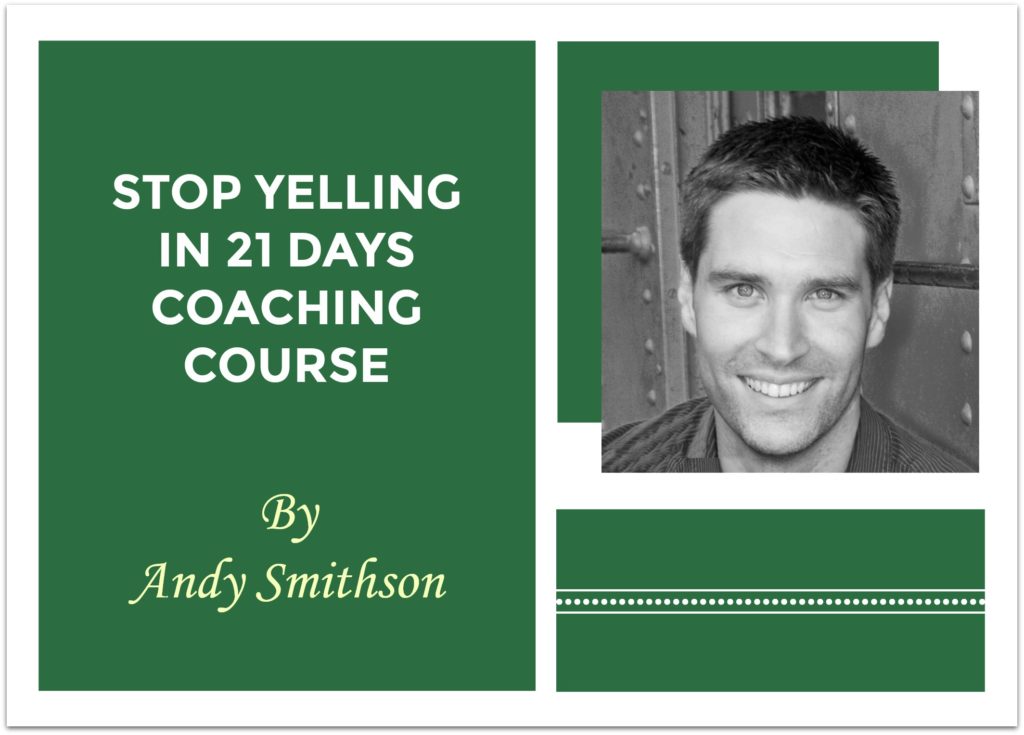
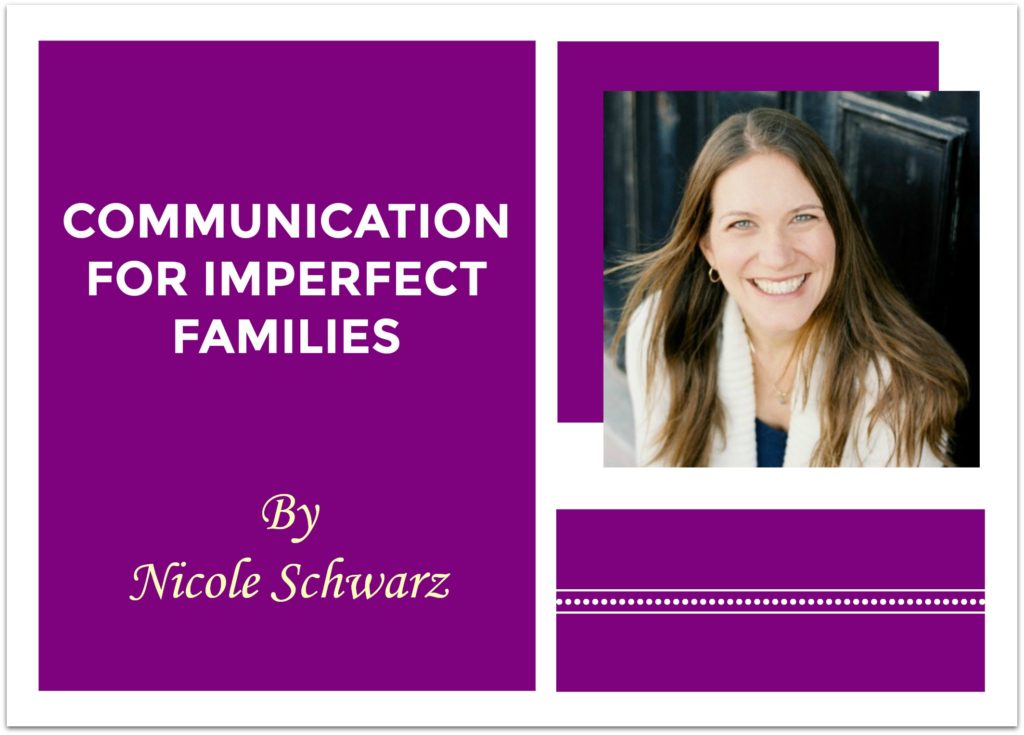
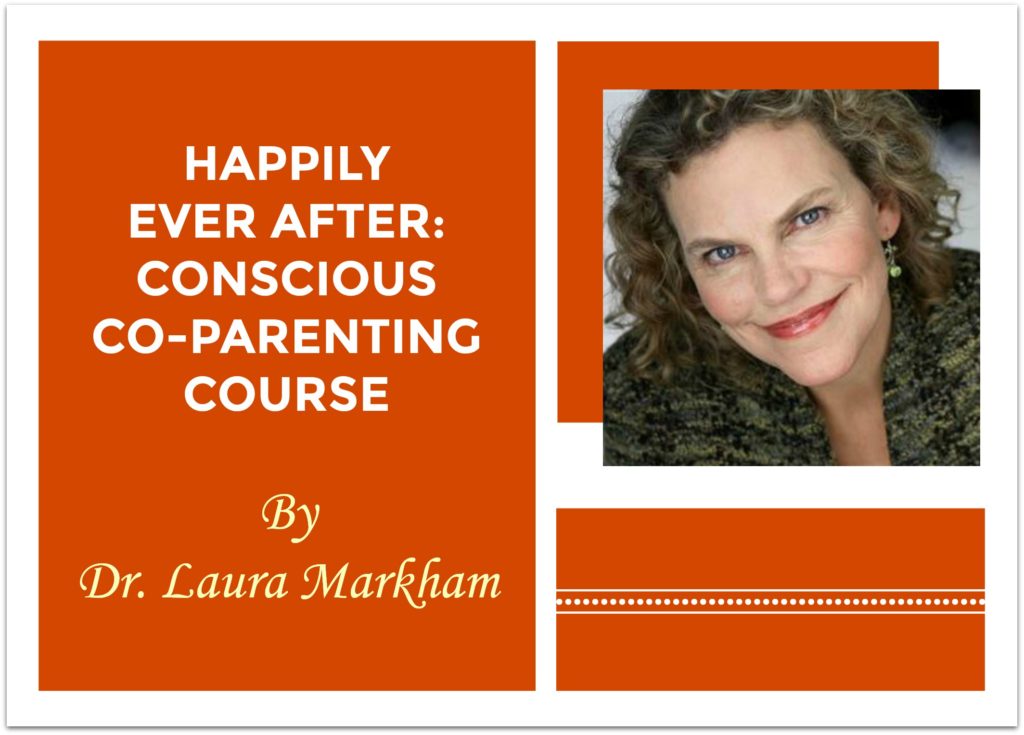
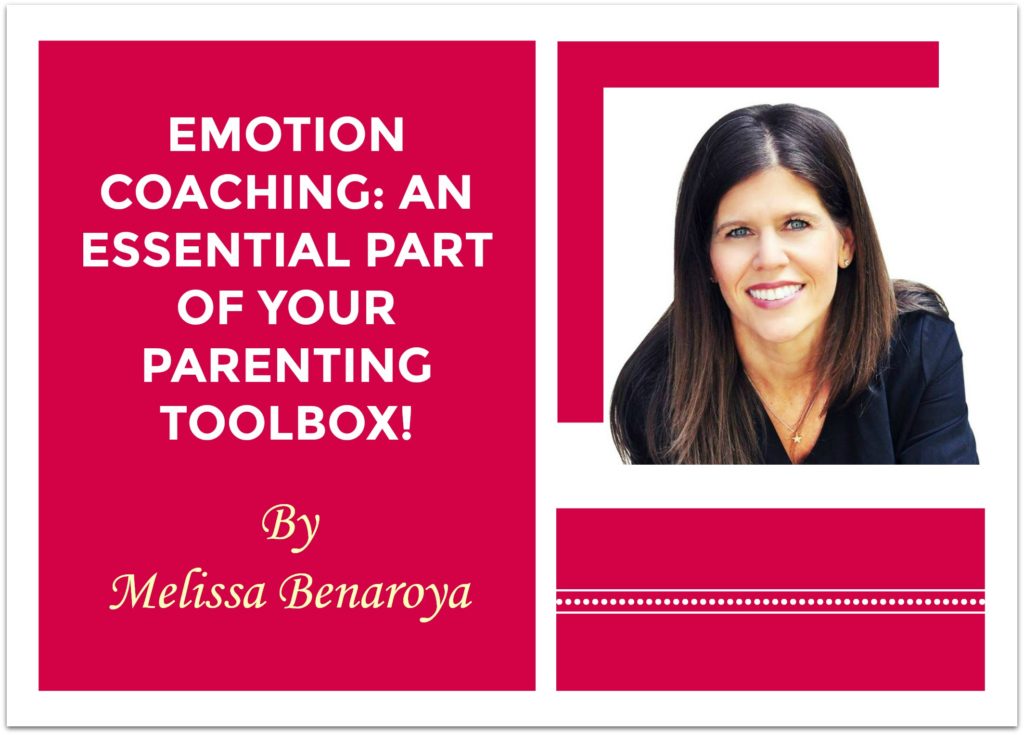
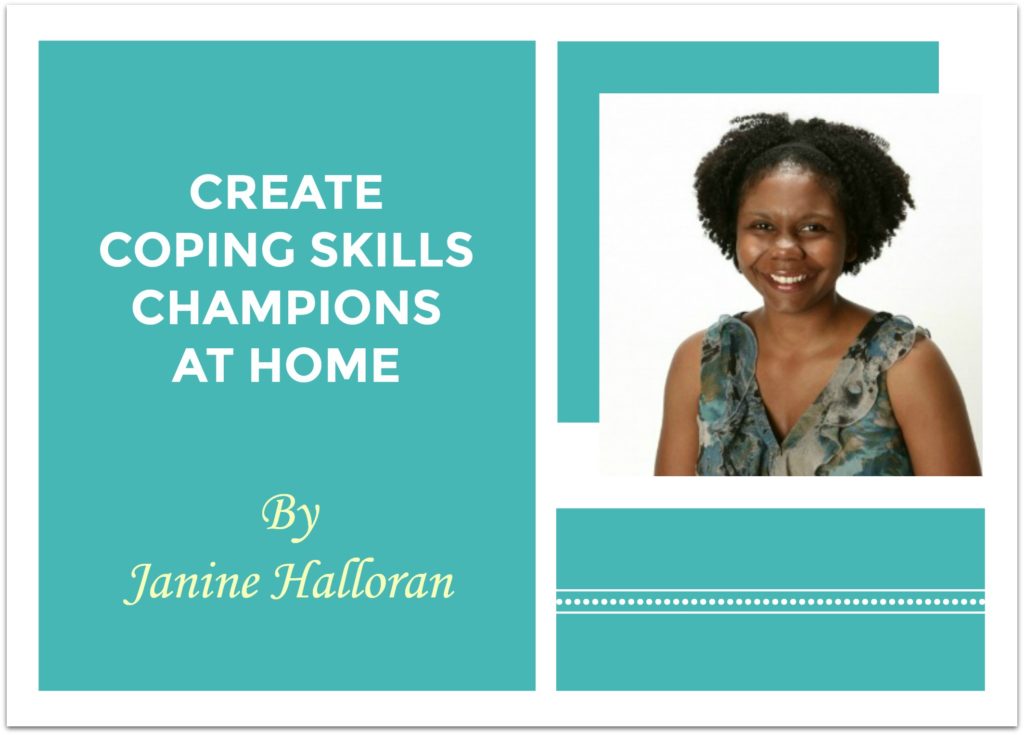

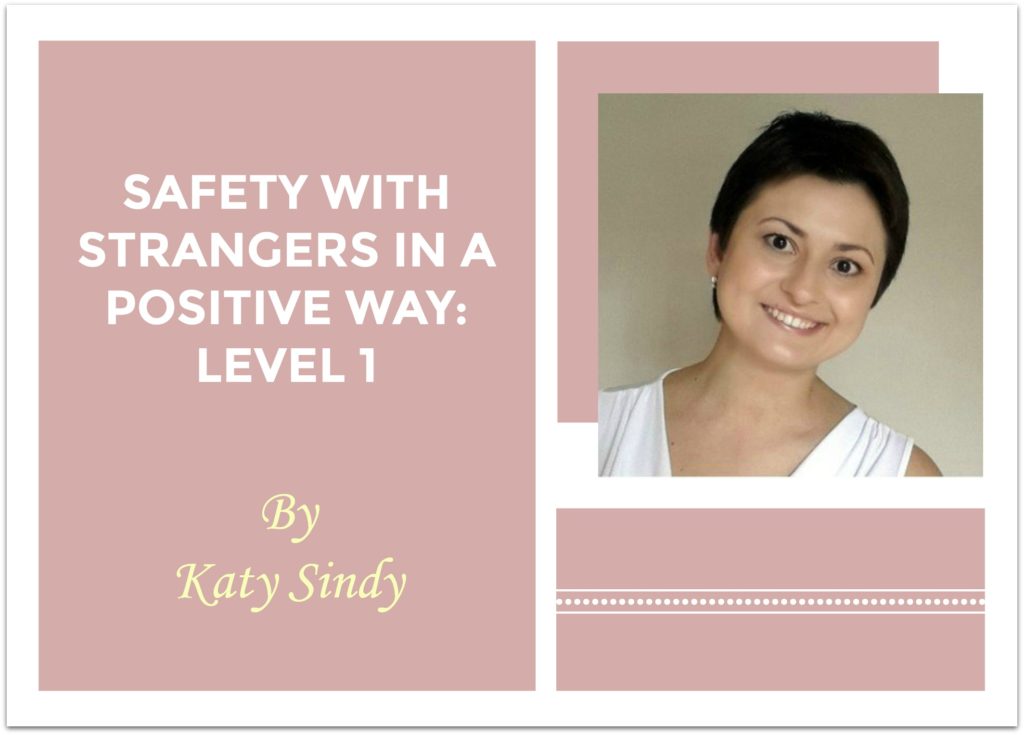
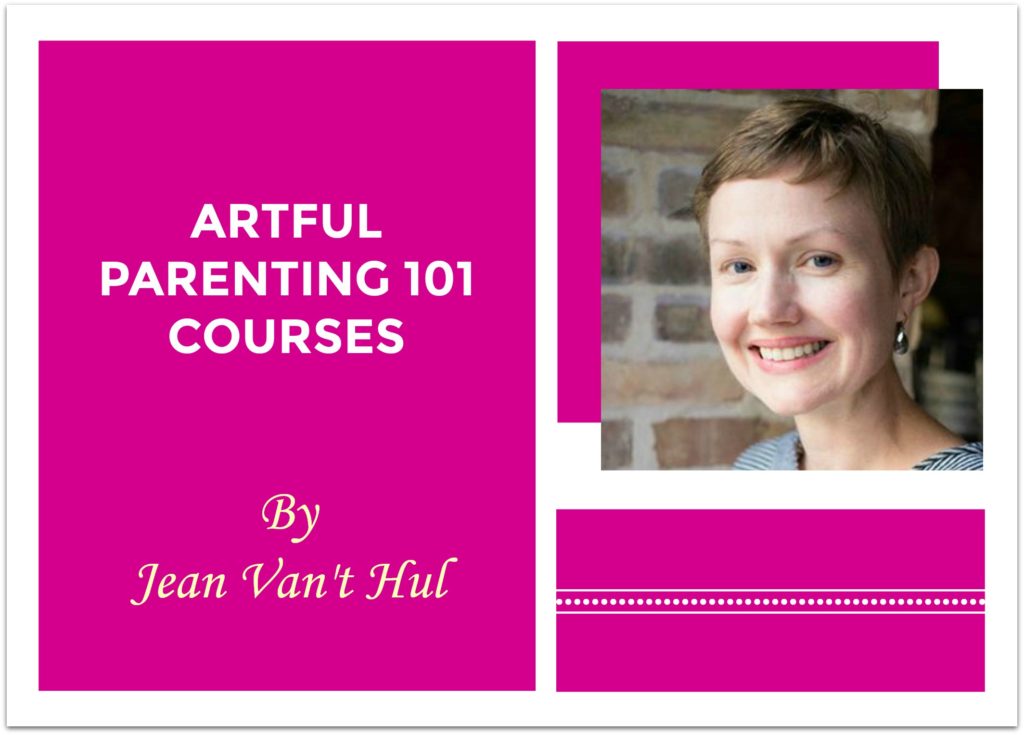
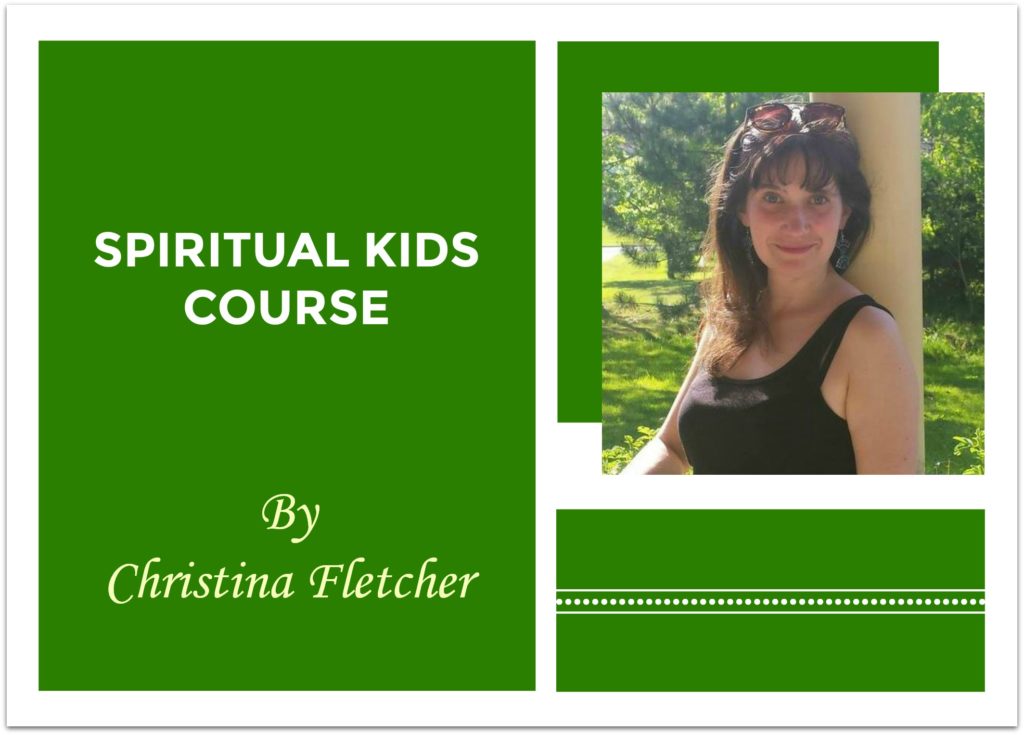


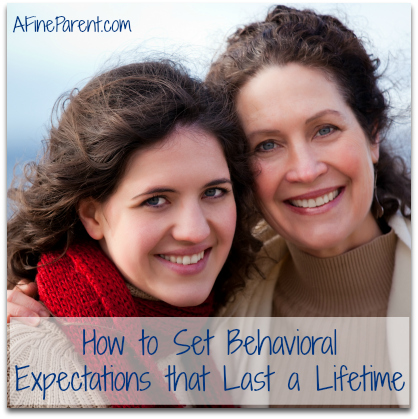 I am the child of a violent, alcoholic father and a narcissistic mother.
I am the child of a violent, alcoholic father and a narcissistic mother.